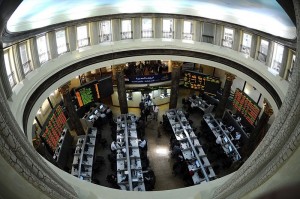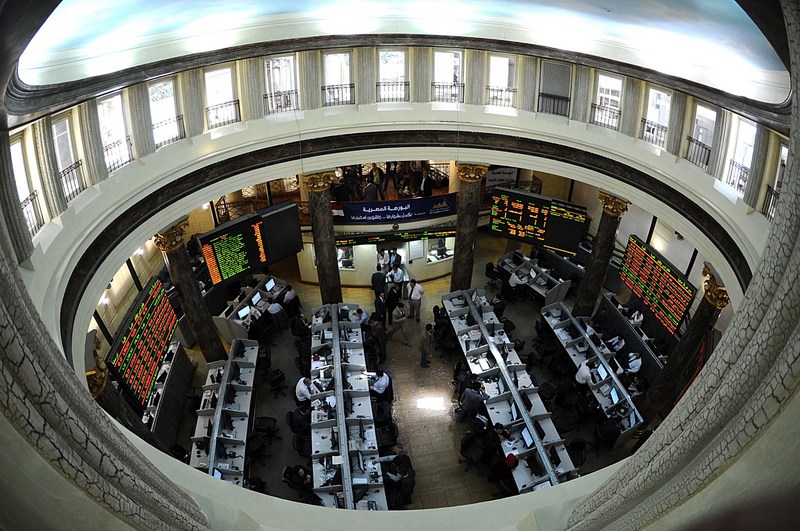
Mohamed Al-Beltagy, president of the Egyptian Islamic Finance Association (EIFA), stated that the real threat to the country’s economy came in the form of investors taking their money out of the Egyptian market as a result of instability seen throughout the country. He added that Egypt’s economy has suffered from a lack of coherent policy and vision for the last 30 years.
The comments came during his television programme, Cairo 360.
“The country’s recent stock market losses were the result of political decisions,” he also said, “and did not represent a genuine threat to the country’s economy.”
He explained that the losses came instead as a result of “zero sum trading”.
Beltagi, no relation to Muslim Brotherhood politician Mohamed Beltagy, denied that Egypt’s new sukuk law was a carbon copy of that released by previous Investment Minister Mohamed Mohyee Al-Din, saying that sukuk were an administrative financial tool used to help fund public budget projects, and would not be used to close the country’s budget gap.
Economic Advisor to the European Commission Salah Gouda stated that decisions made by the Public Prosecutor over the last 33 days beginning 26 February are what have caused the Egyptian market to suffer EGP 25.5bn in losses. He went on to say that Egypt is in fact among the world’s rich and developed countries, but that it has suffered from poor administration.
He added that Egypt possessed vast mineral resources in the Sinai Peninsula, Suez Canal Zone, in addition to a number of other regions that were “like none other seen throughout the world”. Recent government decisions, however, led to an exodus of investors and caused these resources to remain untapped.
Gouda further directed sharp criticism towards former Central Bank President Farouq Al-Oqda, describing his administration as “a failure” and calling for his trial in court.
He stated that the increase in foreign currency reserves during Oqda’s term was a result of the sale of state assets and not an increase in foreign investment, adding that the amount of investment leaving Egypt during this period totaled EGP 3bn.




